The Quiet Power of Antoninus Pius: Stability and Prosperity
In the vast tapestry of Roman history, where emperors often rose to fame through conquests or fell from grace amidst scandal, Antoninus Pius stands out as a unique figure.

Antoninus Pius’ reign, from 138 to 161 CE, is often overshadowed by the military exploits of his predecessor Hadrian and the philosophical legacy of his successor Marcus Aurelius. Yet, Antoninus’ quiet governance, marked by stability, administrative excellence, and a commitment to justice, defined one of the most prosperous and peaceful periods in the Roman Empire.
How did an emperor who neither led armies nor sought the limelight leave such an enduring mark on Rome? Was it his keen legal mind, his careful financial stewardship, or the harmonious relationships he maintained with the Senate?
From Hadrian’s Heir to Rome’s Steadfast Guardian
The transition of power in ancient Rome was rarely straightforward, and the succession following Emperor Hadrian’s reign was no exception. With Hadrian’s health failing and political tensions brewing, the empire faced a precarious moment. After the untimely death of Hadrian’s chosen successor, Lucius Ceionius Commodus (Aelius Caesar), the responsibility of safeguarding Rome’s stability fell to a man of remarkable character and capability: Antoninus Pius.
His elevation to emperor in AD 138 marked the beginning of a reign defined not by conquest or scandal but by stability, justice, and quiet resilience. Yet, the story of Antoninus Pius is also one of adept political navigation, as he inherited a legacy shaped by Hadrian’s ambitions, controversies, and the complex interplay of senatorial rivalries.
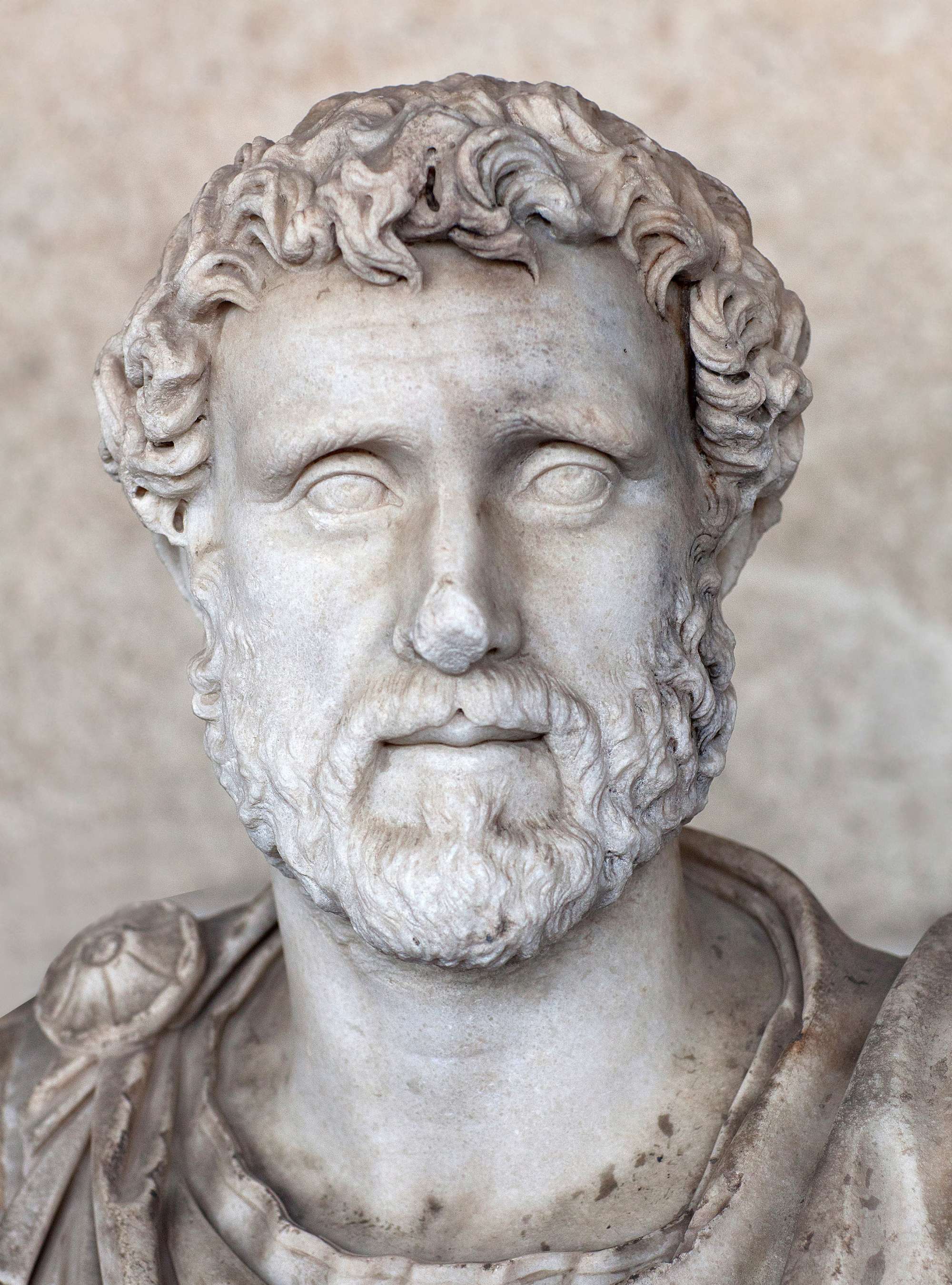
Hadrian’s Legacy and the Search for an Heir
Hadrian, a visionary emperor and master of monumental architecture, left a mixed legacy. His grand mausoleum, now known as Castel Sant’Angelo, symbolized his aspiration for dynastic immortality, yet his succession planning was fraught with uncertainty.
Initially bypassing close relatives like Lucius Julius Ursus Servianus, Hadrian chose Aelius Caesar, a man known for his aristocratic lineage but plagued by poor health. This decision puzzled contemporaries, given Aelius’ obvious physical frailties. When Aelius unexpectedly died in January AD 138, Hadrian’s already tenuous health and the absence of a clear successor left the empire vulnerable to political intrigue and potential instability.
Amidst this uncertainty, Hadrian turned to Titus Aurelius Fulvus Boionius Arrius Antoninus, a senator with an impeccable reputation for loyalty and competence. Despite his relatively low profile compared to other contenders, Antoninus’ marriage to Faustina the Elder, a woman of illustrious lineage, and his connection to the Annius Verus family gave him the necessary social and political standing.
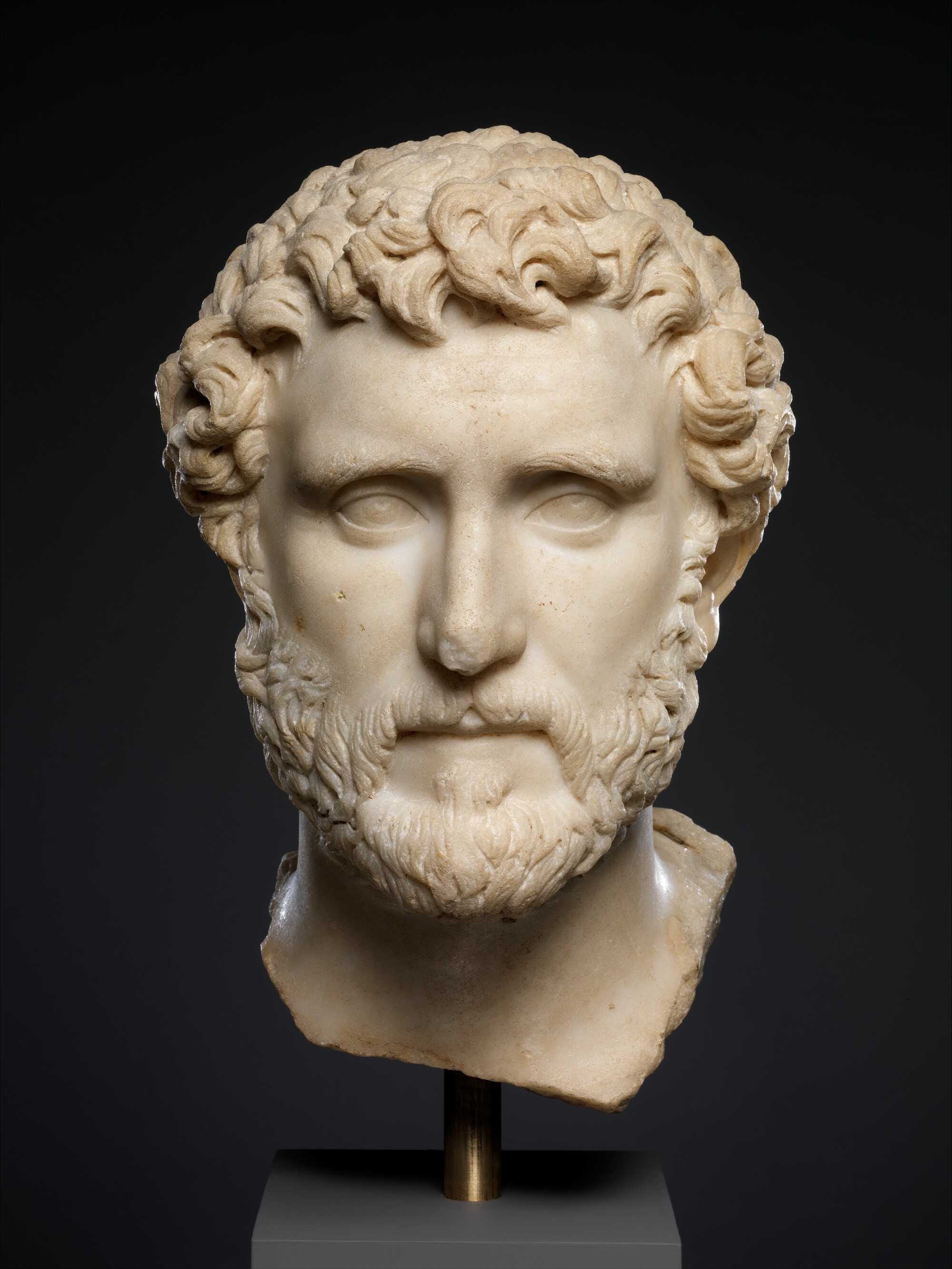
Hadrian’s decision to adopt Antoninus came with a condition: he was to adopt two young men as his heirs, Marcus Aurelius and Lucius Verus, ensuring the continuation of the imperial line.
Marble bust, portrait of the Roman Emperor Antoninus Pius. Credits: MET Museum, Public domain
Antoninus Pius’ early political career exemplified his aptitude for governance. As a member of Hadrian’s consilium (advisory council), he often advocated for mercy, earning him respect among senators disillusioned with Hadrian’s autocratic tendencies. Upon becoming emperor, he distanced himself from the oppressive practices of his predecessor.
His reign was characterized by fiscal responsibility, legal reform, and an enduring peace that contrasted sharply with the turmoil of Hadrian’s final years. Unlike his predecessor, whose rule oscillated between benevolence and paranoia, Antoninus established himself as a paragon of steady and restrained leadership.
His reign has been described as a “golden age” of the Roman Empire. His ability to maintain stability without engaging in military campaigns or provoking political discord demonstrated that strength could be achieved through governance rather than conquest.
Historians, including the biographer of the Historia Augusta, have praised him for his guilelessness and his commitment to justice, describing him as:

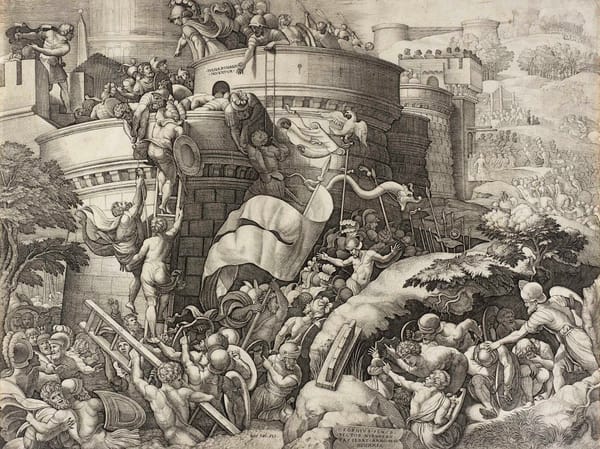
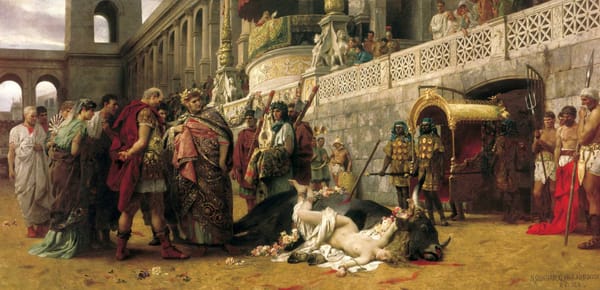
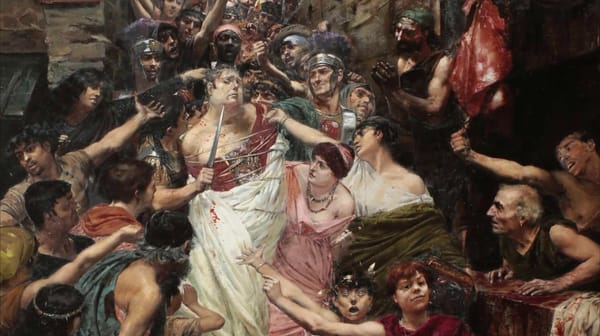
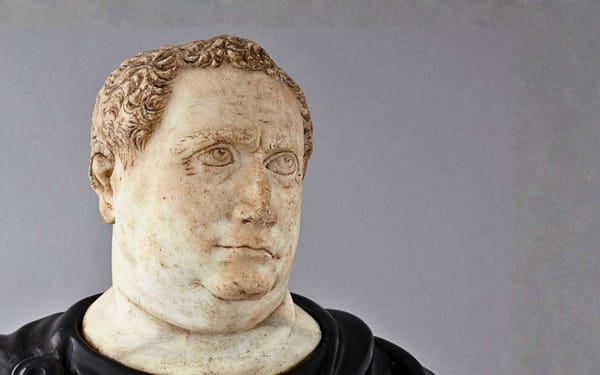
About the Roman Empire Times
See all the latest news for the Roman Empire, ancient Roman historical facts, anecdotes from Roman Times and stories from the Empire at romanempiretimes.com. Contact our newsroom to report an update or send your story, photos and videos. Follow RET on Google News, Flipboard and subscribe here to our daily email.
Follow the Roman Empire Times on social media: